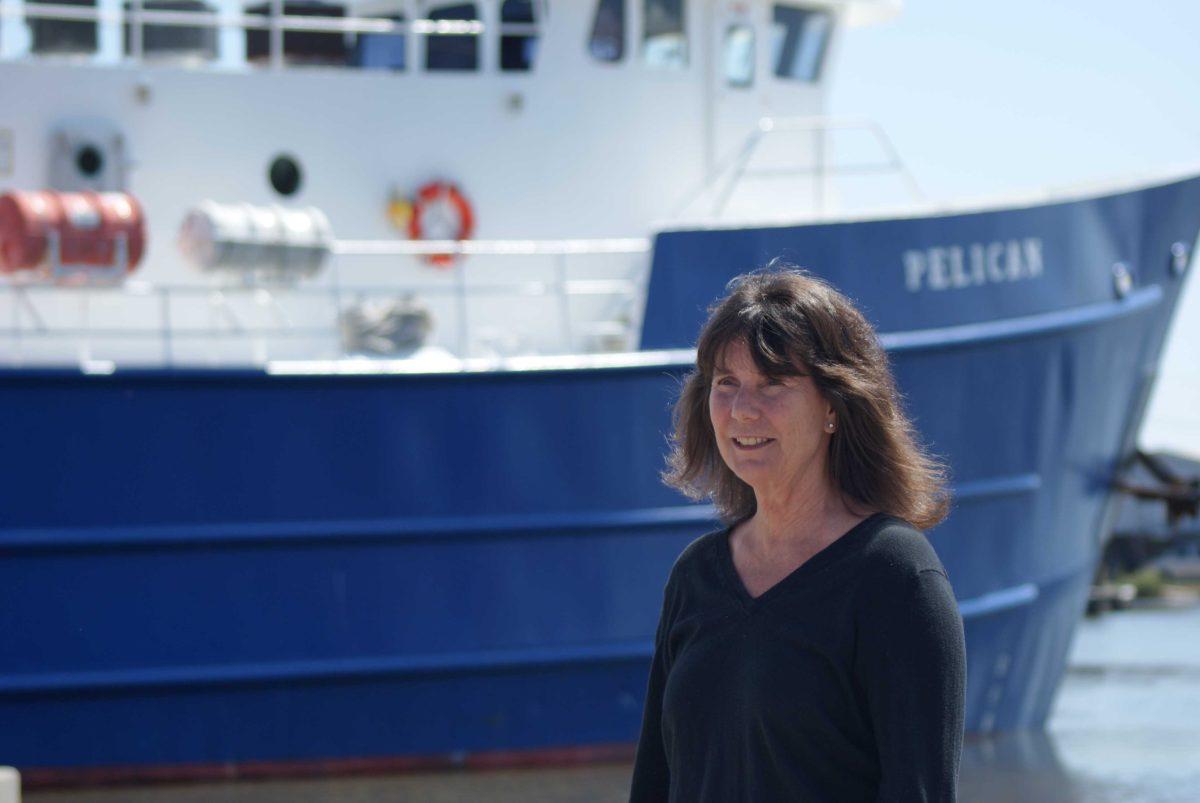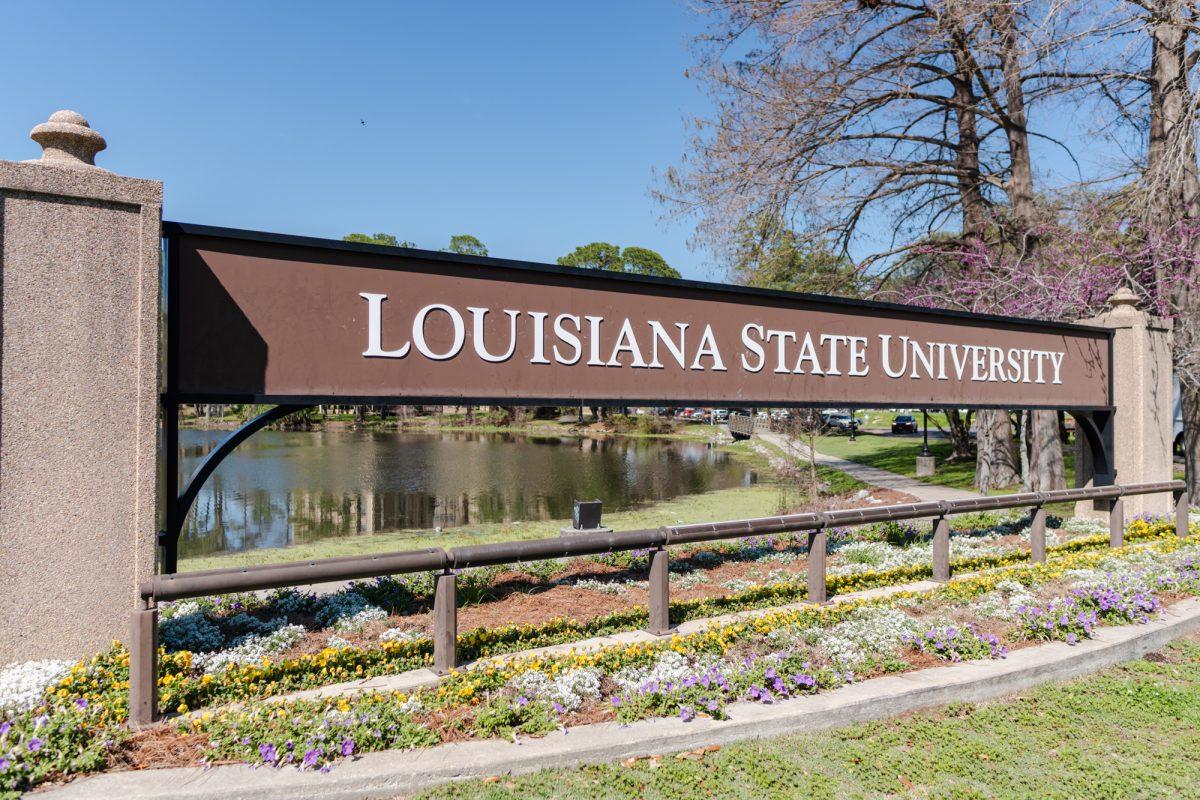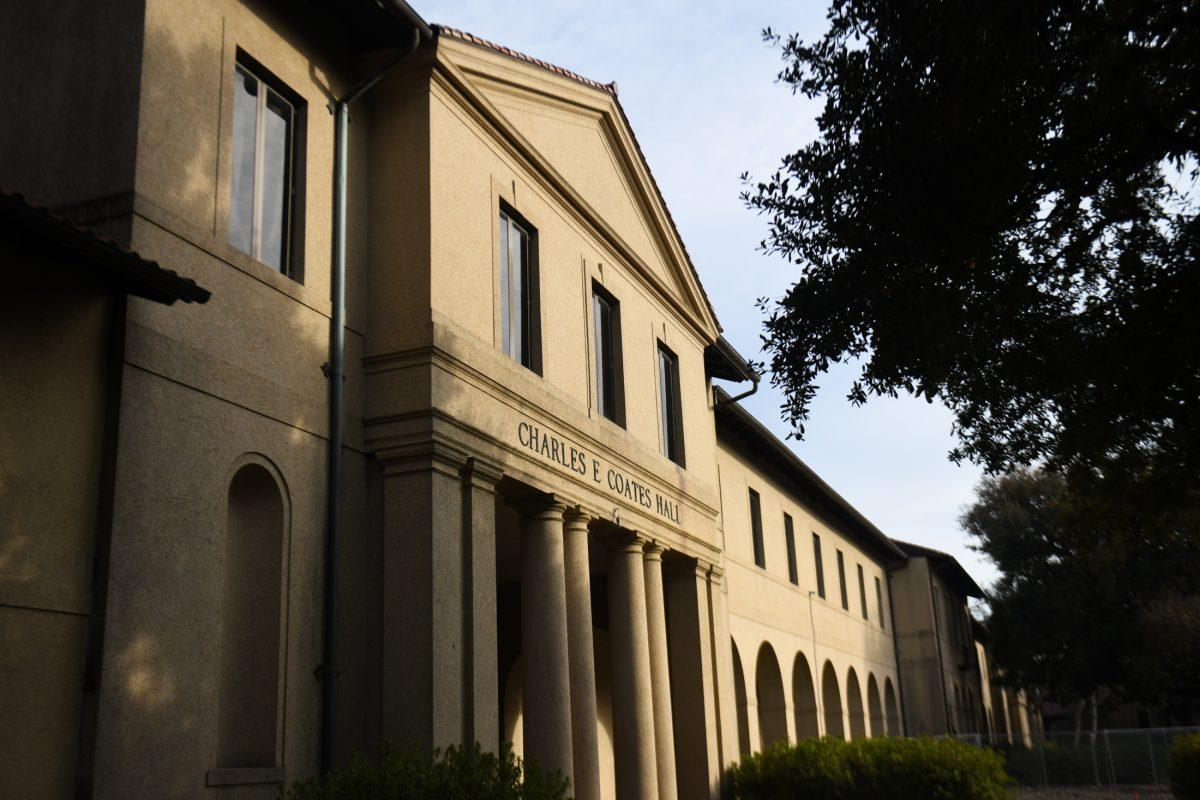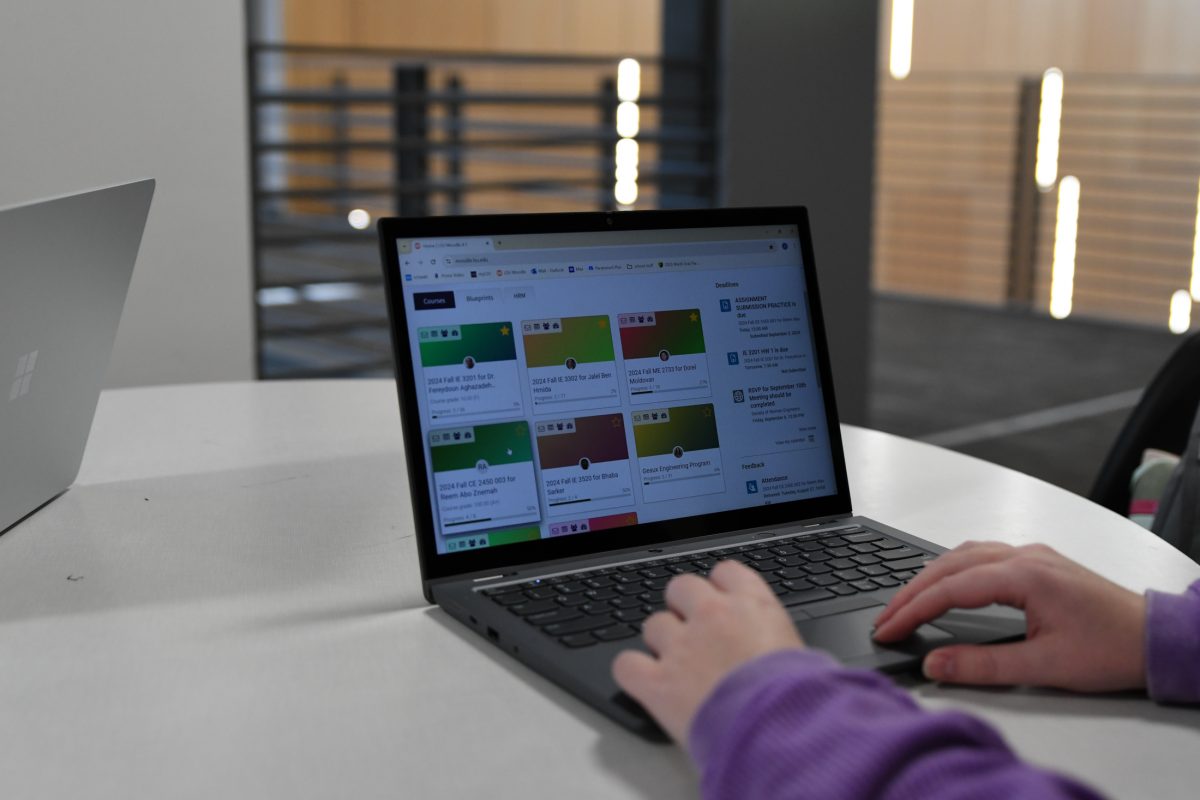Marine ecologist Nancy Rabalais has been named the Shell Oil Endowed Chair in Oceanography and Wetland Studies for the College of the Coast and Environment.
Rabalais is nationally recognized for her research on hypoxic zones off the coast of Louisiana, according to the press release. These aquatic “dead zones” contain low dissolved oxygen levels and are unable to support most marine life.
Rabalais’ research encompasses the impact increasing nutrient levels from human production have on hypoxic zones in the Gulf of Mexico, as well as efforts to mitigate their growth and intensity. Rabalais has testified in front of Congress on numerous occasions to raise awareness for this growing ecological problem, the release said.
Aside from hypoxic zones, Rabalais is also an expert on oil’s impact on the environment and currently leads a research team studying the impact of the 2010 BP Macondo oil spill, the release said.
Dean Christopher D’Elia said Rabalais brings a wealth of experience and leadership ability to the College of the Coast and Environment’s staff. Rabalais is a leader in the field and has been heavily cited by academics, in addition to having numerous published works, he said.
“She is an extremely well known scientist,” D’Elia said. “She’s easily the best known marine scientist in the state certainly, and actually in the whole country. She’s so well known because of her work on hypoxia, and she’s been a very public person in that sense.”
D’Elia said Rabalais’ extensive research activity will provide students in the college a valuable opportunity to gain field experience in south Louisiana. Rabalais is a former executive director of LUMCON, the Louisiana Universities Marine Consortium in Cocodrie, Louisiana, and intends to involve students in the facility’s research activity, he said.
Rabalais has a long professional history with the University and has collaborated with many Coast and Environment faculty members, including D’Elia. D’Elia said the faculty is happy about the appointment and excited to begin working with Rabalais.
The faculty position is a new experience following years of working primarily in research, Rabalais said.
Rabalais said she is looking forward to spending more time on campus and wants to bring more educational opportunities to University students. Rabalais plans to foster student development by incorporating graduate and undergraduate research opportunities into her curriculum, she said.










